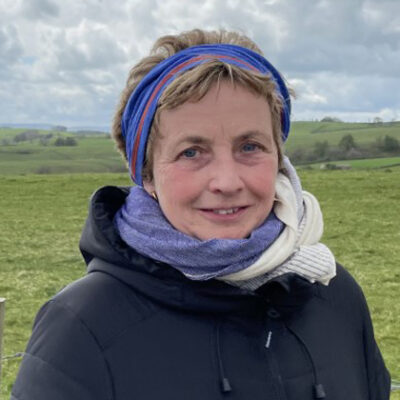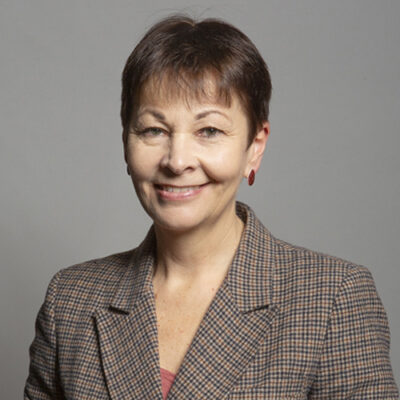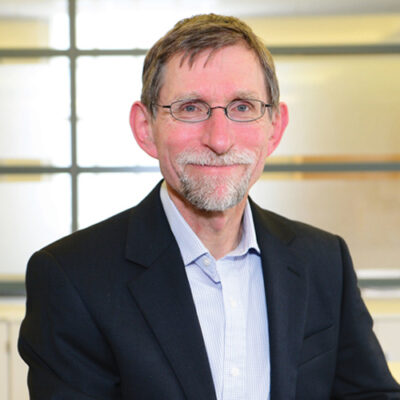Mary Colwell, a 25-year veteran of the BBC natural history unit, has long been worried that the nation’s historic skills in recording natural history have slowly been disappearing among “increasingly disconnected” younger generations.
Her solution? A new GCSE, specifically on nature.

“It’s very hard for someone not in education to get into the system,” the television producer told Schools Week. But it was an idea she “wouldn’t let go of”.
She first thought of the new exam 11 years ago and in 2017 launched a petition that received 10,000 signatures. But the Department for Education, then led by education secretary Justine Greening, shot down the idea, saying it “was covered in the current national curriculum”.
It’s rare for new GCSEs to be approved, in recent years at least. In the previous parliament – until December 2019 – there was a ban on approving new GCSEs following widespread reforms.
But Colwell is not afraid to put in the hard yards (she walked 500 miles across the UK and Ireland to raise awareness of the decline of curlews, a large European wading bird).
Plans backed by Green MP and exams boss
The pivotal moment came in 2018 when Green Party MP Caroline Lucas offered her support, before sharing the vision with Tim Oates, the director of assessment research and development at Cambridge Assessment, which owns exam board OCR.

The three-strong team helped to write a model specification for a potential exam, running a consultation during the pandemic.
This week, the government backed OCR’s proposals, announcing as part of a new sustainability and climate strategy that it will “aim” to get the GCSE up and running so pupils can take it from 2025.
Nadhim Zahawi, the education sercretary, said it would offer young people “a chance to develop a deeper knowledge and understanding” of the Earth, its environment and “how we can come together to conserve it”.
Colwell hopes “first and foremost”, it will help connect young people back to the natural world.
Specification overlap ‘not a problem’
The model specification, which suggests what the qualification should look like, outlines how pupils would be able to understand “specific organisms and the setting in which they live”. They would also learn about the human impact on the environment and how this has evolved.
Oates said it was “very carefully developed” to ensure that overlap with other subjects such as sciences and geography “wouldn’t be a problem”.
The specification says natural history has a “unique mix of scientific, geographical and ecological knowledge, skills and approaches”, with learning outcomes “very different” to those of biology or geography.
For example, while those two subjects include knowledge of habitats and components, natural history would expect “first-hand experience” of habitats through observation and research.

Fieldwork forms a “significant” part of the GCSE, with children learning from their local wildlife and environment, as well as global examples.
But the specification states it will be critical to provide materials that allow any teacher “regardless of geographical location or financial resources of their school” to deliver the GCSE.
Marianne Cutler, the curriculum innovation director at the Association for Science Education, said a “significant proportion” of teachers would “lack some confidence” in fieldwork, so must be supported.
But Mark Castle, the chief executive of the Field Studies Council, said it was not just older pupils who should get the chance to explore the natural world.
“We must encourage children to be curious and passionate about the natural world from a young age so that they can make informed choices about how they protect it as they grow and develop. We will continue to campaign for this,” he said.
‘Implementation is key’
The DfE and Ofqual will now have to consult and agree on the subject content before Ofqual accredits exam boards’ specifications and assessment materials. Schools will have a year lead-in time.
Cutler said support for schools in “disadvantaged circumstances” will be “key” to effective implementation. She also called for “clearly identified pathways” from primary to post-16 on what students could use the qualification for.
Philip Dunne, chair of the environmental audit committee, said it was “exactly the right sort of intervention” to make lasting change and to encourage young people to choose careers in ecology and nature.
But Oates is clear: the qualification is a “piece of a complex jigsaw” on increasing sustainability within education.
















This new GCSE would be best suited to being a “second” science option, with this being a legally acceptable way of delivering a “dual” science award to pupils. As I understand it, it is likely to be put in with humanities options where the choice to study it will have an unhelpful impact on Geography, History and RS numbers/staffing etc.
If a pupil could study “Core” science (the blend of bio/chem/physics) and chose either “Additional”, “Natural History”, or a Separate science route, this would be more manageable, deliverable and sustainable.